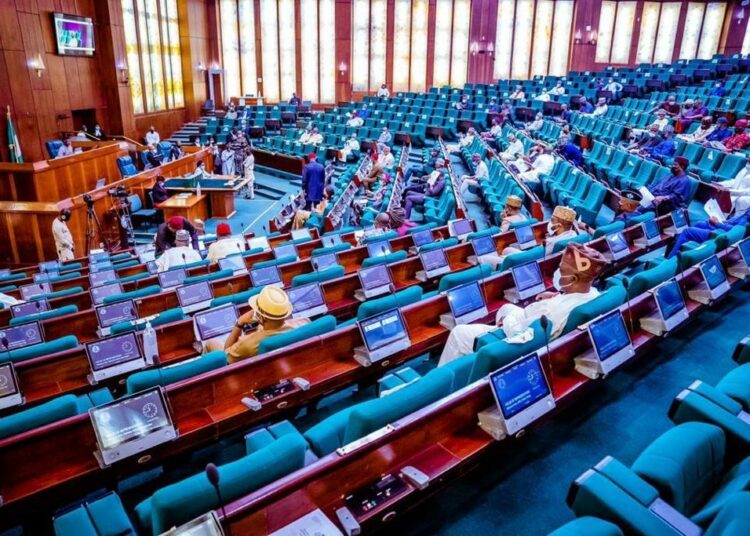The Abia state House of Assembly has set the ball rolling in the much-demanded process of revisiting, in a holistic manner, the injustice meted out on the people by out-going state governors who connive with the state Assemblies to award themselves outrageous exit benefits. In a recent decision of the Assembly, it nullified the earlier decision of its predecessors who fixed scandalous retirement benefits for the former political office holders especially the governors.
We recall that pension payments to former political officeholders, especially governors which were seen as abuse of privilege by discerning Nigerians have become issues of public concern and outcry.
By these arrangements, former governors and their deputies, who typically serve for a maximum of eight years, enjoy substantial benefits. These benefits include equal salaries to the incumbent governor, along with other allowances such as free houses, medical facilities and cars.
Taking cognizance of the fact that most states struggle to pay pensions to retired civil servants, leaving thousands of former employees in financial distress, it became perceptibly reprehensible that the same states were able to summon the political will to award humongous sums as pensions to their former governors and deputies.
Although some state governments have amended the pension law for former governors and their deputies in recent years, it is still in practice in most of the states.
In 2021, for instance, the Lagos State House of Assembly took bold steps to amend the state’s pension law for former governors and other political office holders, but it only reduced their benefits and emoluments by 50 per cent.
Like pension laws of several states, the repealed Abia state pension law stipulated that former Abia governors and deputies are entitled to 100 per cent of the annual basic salaries of the incumbent governor and deputy; their cooks, stewards, drivers, and gardeners are to be paid by the state; and are entitled to three police officers and two operatives of the Department of State Services (DSS).
The issue of pensions for former governors, when it was initiated, deservedly sparked off considerable controversy and debate. While some argued that providing pensions to ex-governors is essential to ensure their financial security after leaving office, others viewed it as an unjustifiable privilege from the background of alleged malfeasance by the same former political office holders.
Sadly, in most of the states where this parasitic pension law is still in place, they are yet to implement the minimum wage of N30,000 for civil servants, or pay the old minimum wage of N18,000. Yet these former governors, who are either senators or ministers today, are being paid millions of naira as pensions.
Those perks of office went to ridiculous levels in states that could not provide basic amenities for their people while in office even as staff salaries and contract sums were left unpaid.
By the provisions of those obnoxious laws, some former governors in the state were entitled to furniture allowance, 300 per cent of annual basic salary (N23.3million); house maintenance allowance, 10 per cent of annual basic salary (N778,296); utility allowance, 20 per cent of annual basic salary (N1.5million), and car maintenance allowance,30 per cent of the annual basic salary (N2.3million). There is also an entertainment allowance which is 10 per cent of the annual basic salary (N778,296); and a personal assistant who will earn 25 per cent of the governor’s annual basic salary (N1.9million).
The salaries, cars, houses and furniture allowances given to these people who are enjoying similar opportunities in their new offices are enough to pay over 50 per cent of the civil servants.
It is from this perspective that we commend the Abia state House of Assembly because, in our view, the nation cannot afford to continue along that trajectory. We join other Nigerians of goodwill to say ‘enough is enough’ to the plundering of public funds in the name of pensions for former governors, their deputies and public officer holders.
The level of infrastructural deficit in this country could be addressed if all these monies wasted on former governors and deputies are channeled in the real sectors to drive growth and development.
We’ve got the edge. Get real-time reports, breaking scoops, and exclusive angles delivered straight to your phone. Don’t settle for stale news. Join LEADERSHIP NEWS on WhatsApp for 24/7 updates →
Join Our WhatsApp Channel










